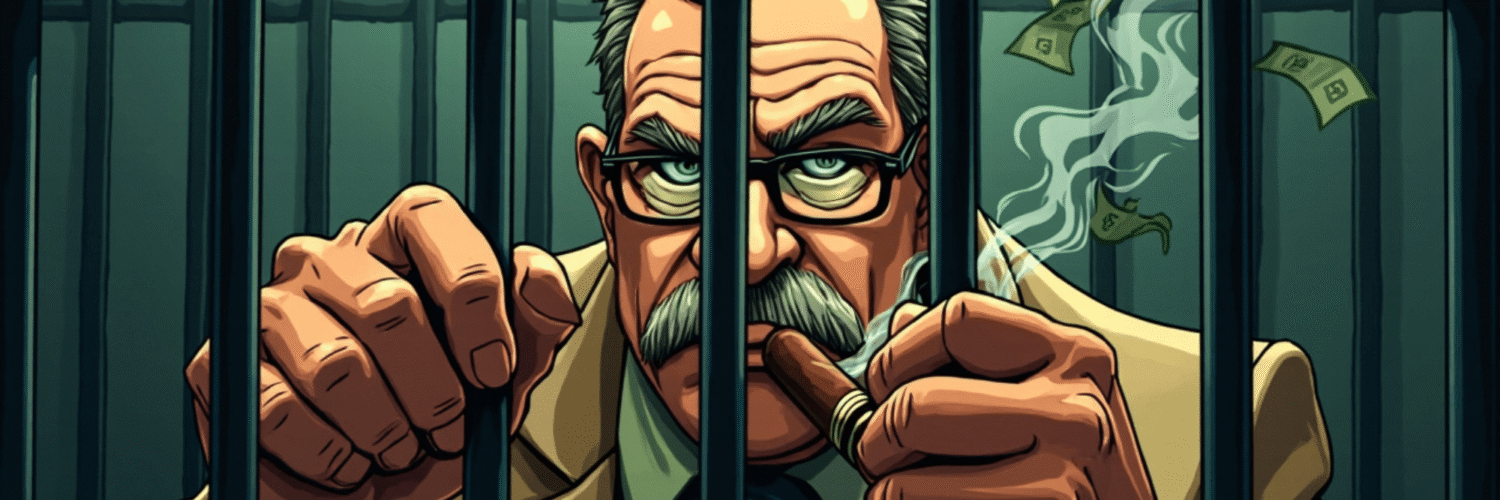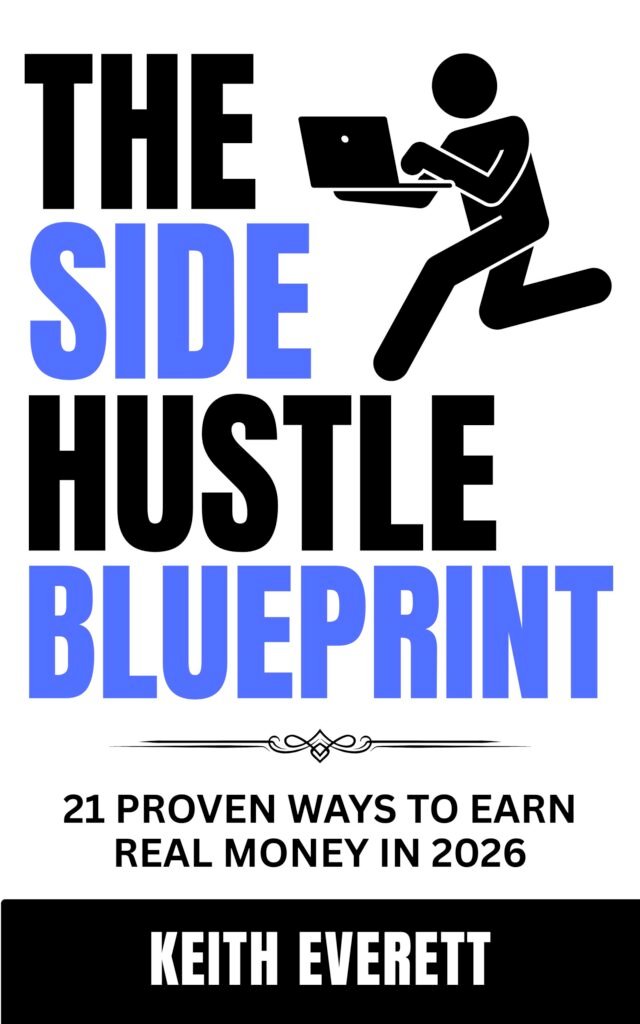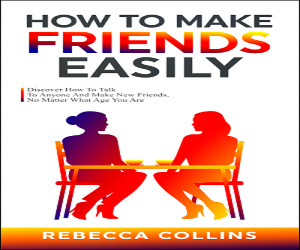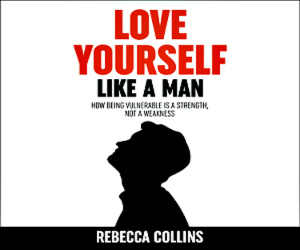We’ve been taught to see prison as the end of the road. A dead-end. A punishment. A life paused.
But what if, for some, it was just the beginning?
In a world that’s quick to label and even quicker to dismiss, a few men flipped the narrative. They didn’t just survive prison, they got rich in it. Not because of the system, but in spite of it. And their stories force us to ask a much bigger question:
If they could do it with nothing but time, concrete walls, and a mindset shift, what’s really stopping the rest of us?
Let’s be clear. This isn’t about glorifying crime or justifying wrongdoing.
It’s about something deeper: the power of transformation. The kind of transformation that doesn’t happen in comfort zones. The kind that only comes when you’re stripped down to your essence and forced to rebuild.
Take Jordan Belfort. The so-called “Wolf of Wall Street.” He scammed his way to millions, crashed hard, and landed behind bars. But that prison cell became a writing desk. That silence became a mirror. And when he got out, he didn’t just fade into the shadows, he came back swinging. Books. Speaking tours. Business training etc, etc. His past didn’t define him. It fueled him.
Then there’s Frank Abagnale, the real-life con artist behind Catch Me If You Can. Before he was consulting for the FBI, he was sitting in a cell. But his mind? Always working. He was always one step ahead. He turned his criminal expertise into a legal empire, advising government agencies and corporations on fraud prevention. That’s not luck. That’s reinvention.
Even in the world of hip-hop, stories like Big Meech, leader of the Black Mafia Family, remind us that empires can rise in the unlikeliest places. While he built his fortune through illegal means, his legend now inspires TV shows, music, and debate. The story doesn’t end with bars. Sometimes, it begins there.
Here’s what ties all these men together: mindset.
Prison stripped away distractions. No Instagram. No comfort. No applause. Just them and their thoughts. And in that stillness, something powerful happened. Clarity. Reflection. Vision.
They didn’t let the walls define their worth. They didn’t wait to be rescued. They used the one thing that every prisoner has—time. And they used it wisely.
They read. They wrote. They planned.
They built. Not physically, but mentally. Spiritually. Strategically.
Most people on the outside are free in body, but locked up in fear. Afraid to start. Afraid to fail. Afraid of what other people think.
Meanwhile, some of the most locked-down men in the world were mapping out empires.
That’s the paradox. You don’t need perfect conditions to change your life. You need the will. You need the vision. And you need the guts to act, even when the world doubts you.
Prison to Profit isn’t just about inmates who made money. It’s about what’s possible when excuses die and personal responsibility takes over.
And if they could do it with a criminal record and a prison ID, what’s stopping you, with a phone in your hand and opportunity all around you?
Let that sink in.
This isn’t a story about crime. It’s a story about what happens when someone stops waiting for permission and starts rewriting their legacy.
Because the truth is, no matter where you’ve been… you can still choose where you’re going.
And that, my friend, is the real code to wealth.
Have a great day. If you got value from this post, why not give it a share?. Leave a comment below about “should convicted felons be allowed to create fortunes from jail?
Keith
P.S Don’t forget to subscribe to “The Legacy Code” YouTube channel






























































Add comment